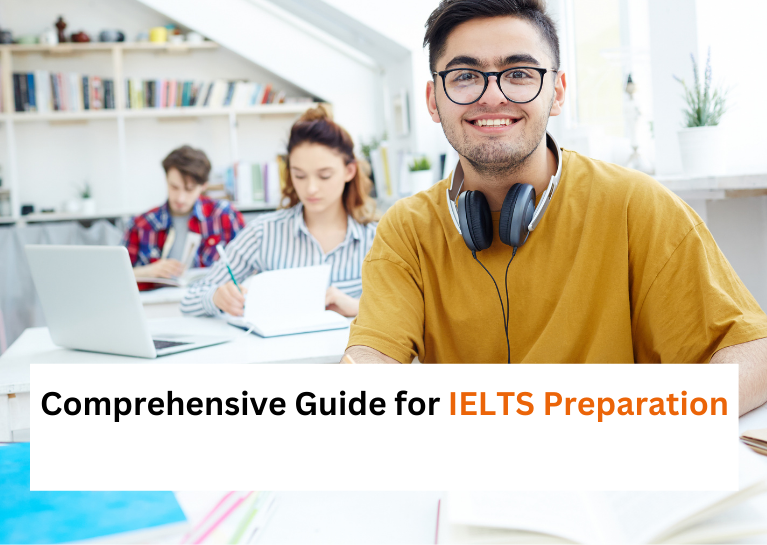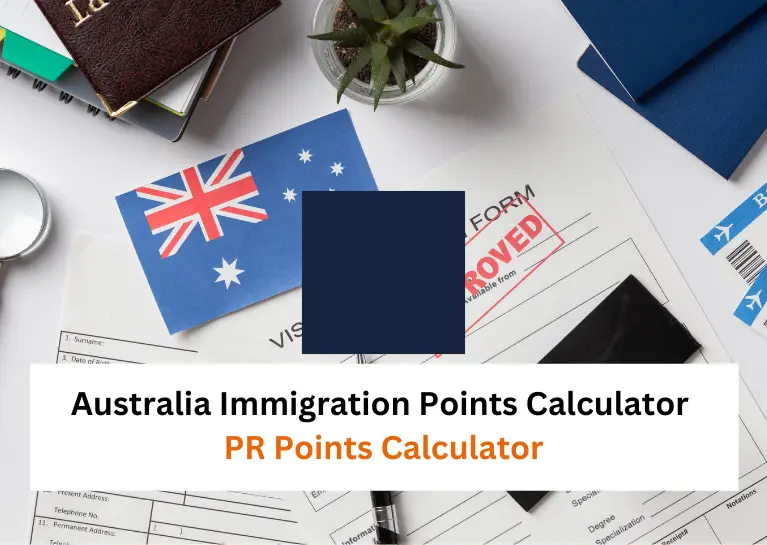Setting off to study in the UK is a thrilling opportunity for students all over the globe. But making sure you’re clued up on the newest regulations is critical for a hassle-free move. The roll-out of new rules for 2023-2024 means that understanding the complexities of the UK student visa process is more important than ever. So, whether you’re thinking about studying in the UK, already knee-deep in your studies, or contemplating a visa change, getting a firm grasp on these updates is very important. Let’s dive into the important parts of the UK student visa fresh rules for 2023-2024 and discuss how they could shape your educational dreams and strategies.
Table of Contents
ToggleNew Rules for Dependant Members:
A key change with the UK’s new student visa rules for 2023-2024 focuses on dependents, like spouses or children. In the past, students were able to bring dependents with them to the UK. But, now there are specific restrictions and criteria determining eligibility. Starting from January 1st, 2024, international students will not be allowed to bring dependents unless they’re enrolled in research postgraduate programs. This major change might greatly affect the family plans of these students, calling for thoughtful consideration before visa application.
Switching a Student Visa to a Work Visa:
Many international students in the UK use it to start their careers. It is important to know how to change from a UK student visa to a work visa. With new rules for 2023-2024, some changes were made to this process. They affects who can qualify and the deadlines. Students who want to change to a work visa will have tougher rules. They will need to carefully plan early and follow the new guidelines.
New Rules for Visitors:
The UK is a much-loved spot for people all over the world, attracting folks for holidays, family get-togethers, or work. Yet, knowing what the visa rules are really matters. From January 2024, changes to visitor visas might impact who’s eligible and how long they can stay. If you’re planning to visit the UK, it’s crucial to stay on top of these rules to make sure your trip goes smoothly.
Financial Requirements:
In 2023, the UK government implemented updated financial requirements for student visas. The minimum financial threshold for maintenance funds was increased by 10% to ensure that students can adequately support themselves during their studies in the UK. Additionally, specific financial requirements were introduced for students opting for courses in high-cost areas such as London, where the minimum maintenance funds were raised to reflect the higher living expenses.
English Language Tests:
As part of the new regulations, the UK government announced expanded acceptance of English language proficiency tests. In addition to the previously recognized tests (IELTS, TOEFL, and PTE), the Duolingo English Test (DET) was now also accepted as proof of English proficiency for student visa applications. The required scores for each test remained consistent with previous guidelines.
Also Read: How to Study in UK Without IELTS
Post-study Work Visa:
Significant changes were introduced to the eligibility criteria and application process for the post-study work visa (Graduate Route) in 2023-2024. Under the new rules, international students who successfully complete a bachelor’s, master’s, or doctoral degree from a recognized UK institution are eligible to apply for a two-year post-study work visa, with no requirement for a job offer. This represented an extension from the previous one-year visa duration.
Healthcare Surcharge:
The healthcare surcharge for student visas experienced a moderate increase in 2023-2024. The surcharge amount was adjusted to better reflect the actual cost of healthcare services provided to visa holders during their stay in the UK. This increase aimed to ensure the sustainability of the National Health Service (NHS) and provide adequate healthcare coverage for students.
Visa Fees:
In 2023, the UK government announced revised visa application fees for student visas. While the fees for standard applications remained unchanged, an expedited processing option was introduced for students who require a faster decision on their visa application. This premium service attracted an additional fee but guaranteed a quicker processing time for eligible applicants.
Processing Times:
New service standards for processing student visa applications were introduced in 2023-2024. Under the updated guidelines, the UK Visas and Immigration (UKVI) aimed to process 90% of straightforward student visa applications within 15 working days. This initiative aimed to provide applicants with more certainty regarding the processing times for their visa applications.
Impacts of New Rules:
The introduction of UK student visa new rules in 2023-2024 has sparked discussions regarding its implications. It’s noted that while these changes aim to streamline processes and enhance the UK’s attractiveness as a study destination, they may also pose challenges for international students and their families. Understanding the broader impacts of these regulations is essential for informed decision-making.
In light of these changes, seeking expert guidance and advice from a study visa consultant is crucial for navigating the UK student visa process effectively. By leveraging resources like their page on UK study visas, students can access valuable information and assistance tailored to their needs.
Conclusion:
Staying informed about the UK student visa new rules 2023-2024 is crucial for prospective students, current students, and visitors alike. By understanding the implications of these regulations and seeking expert guidance when needed, individuals can navigate the visa process with confidence. Whether it’s bringing dependants, transitioning to work visas, or planning a visit, staying updated ensures a smooth and successful experience in the UK.
Related: Major Changes in Australian Immigration
FAQs:
What are the new rules for UK study visas for Pakistani applicants?
The new rules may encompass updated financial requirements, English language proficiency standards, and changes to the post-study work visa eligibility criteria and application process.







